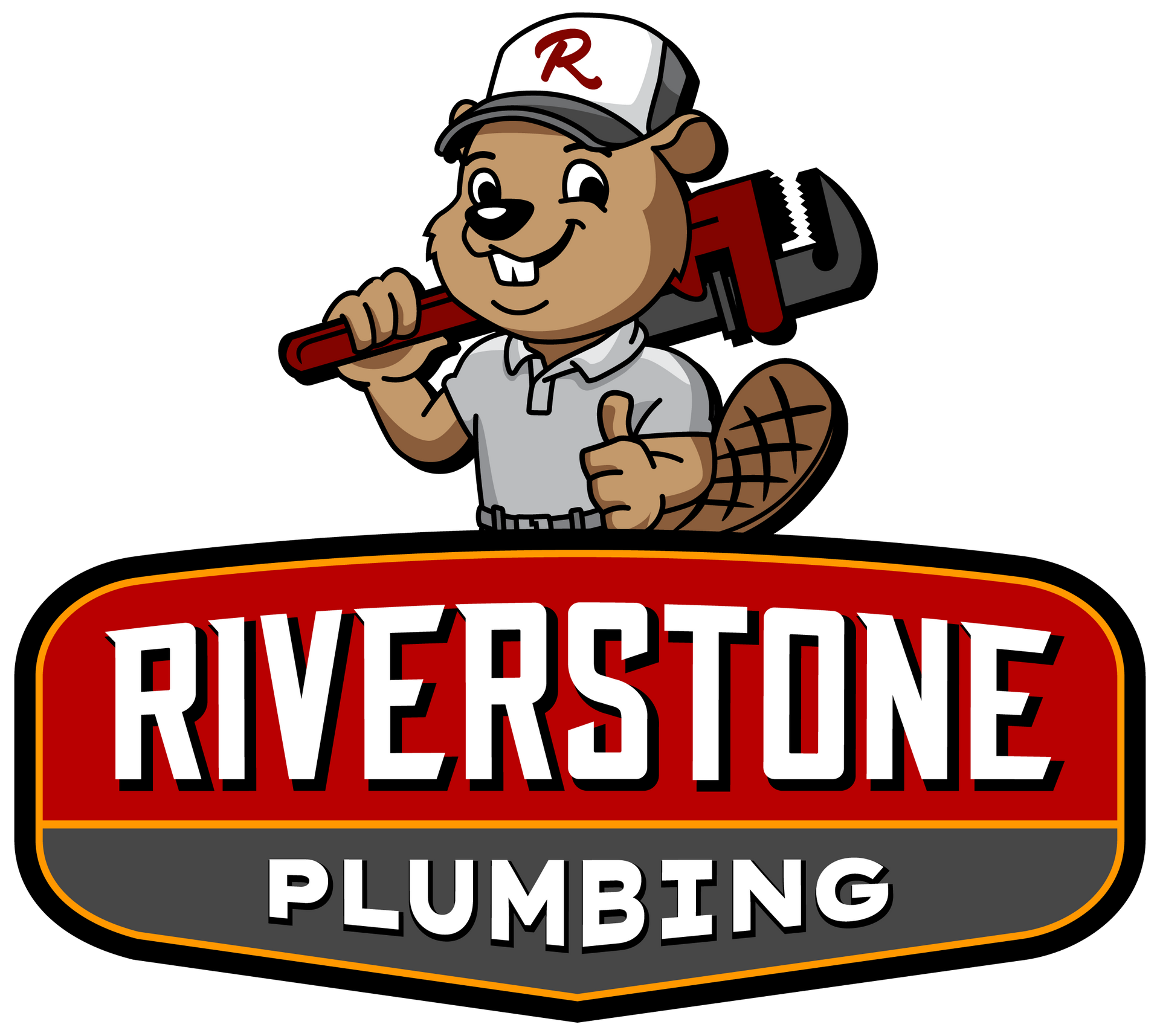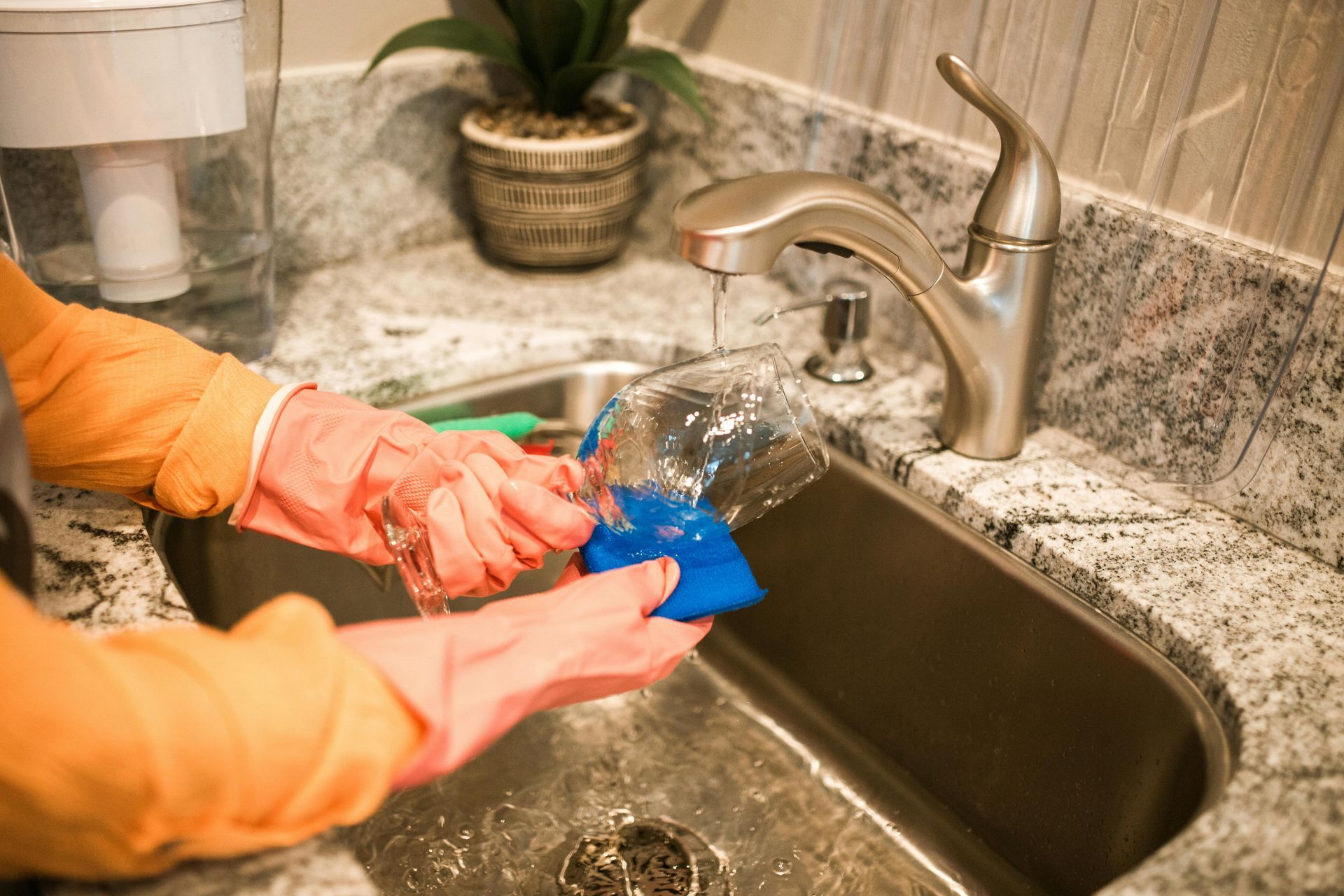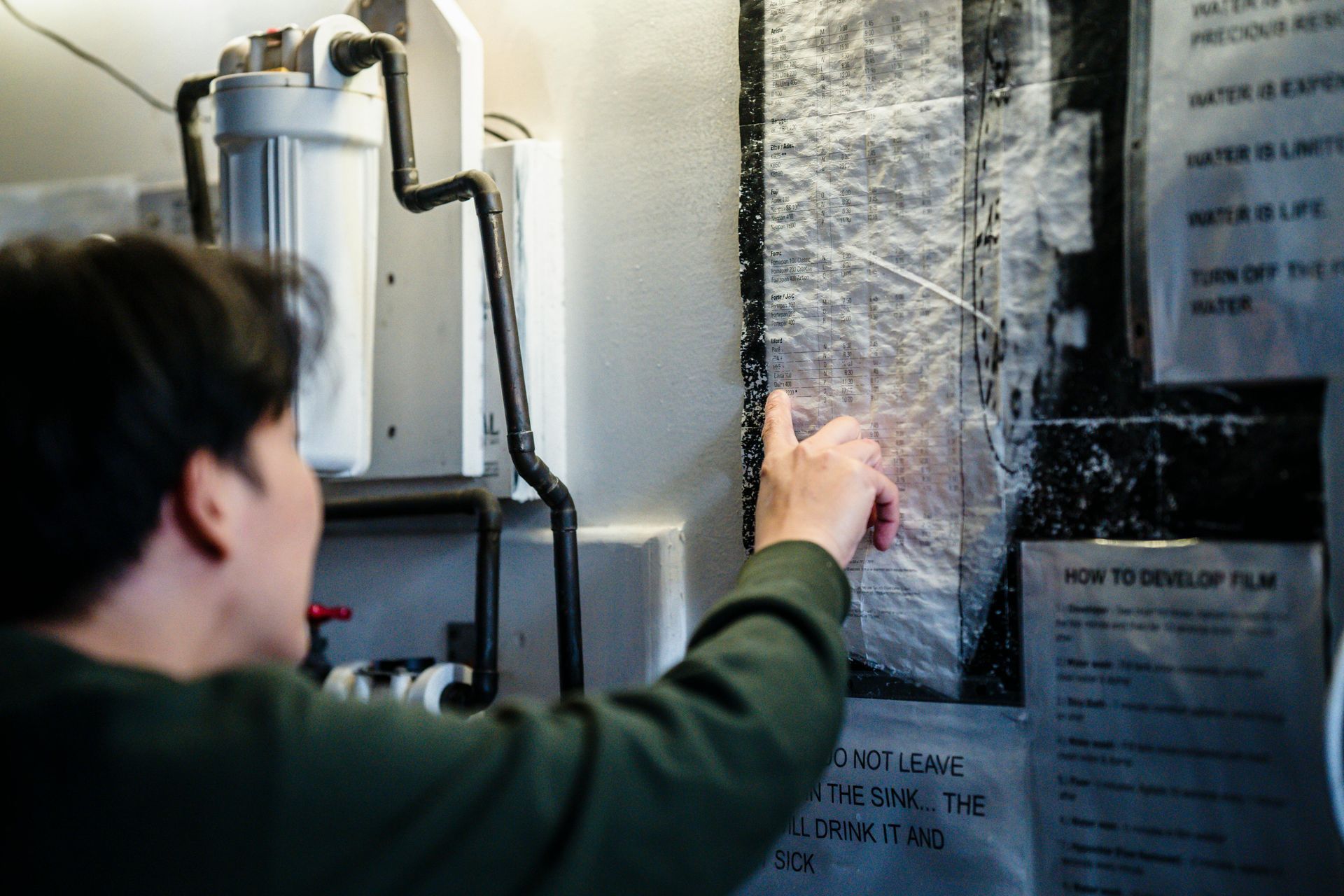Test Your Plumbing IQ: Are You an Expert or a Plumbing Novice?
Plumbing is one of those things we don’t think about… until something goes wrong! But how much do you really know about the pipes, drains, and fixtures that keep your home running smoothly? Are you ready to put your knowledge to the test? Grab a cup of coffee, scroll down, and see how you score on this fun plumbing quiz! Who knows, you might discover you’re a plumbing pro in the making (or learn it’s best to leave it to the experts)!
1. What can cause a faucet to drip?
A) High water pressure
B) A worn-out washer
C) A clogged aerator
D) All of the above
Answer: D) All of the above
A dripping faucet is often caused by a damaged washer within the tap that prevents the valve from sealing properly. However, other issues such as high water pressure or buildup in the aerator could also be to blame. Regular maintenance can fix most drips quickly.
2. Which of these items is safe to flush down the toilet?
A) Paper towels
B) Flushable wipes
C) Human waste and toilet paper
D) Cotton balls
Answer: C) Human waste and toilet paper
Toilets are designed to handle only human waste and toilet paper. Despite being labeled "flushable," wipes and other products can clog your pipes and lead to plumbing problems.
3. What’s the main purpose of a P-trap under your sink?
A) Preventing leaks
B) Storing water for emergencies
C) Keeping sewer gas from entering your home
D) Increasing water pressure
Answer: C) Keeping sewer gas from entering your home
The P-trap creates a water seal that blocks harmful sewer gases from traveling back into your home through the drain.
4. How can you prevent frozen pipes during winter?
A) Leave all faucets open
B) Insulate pipes and keep the heat on
C) Close off your water supply completely
D) Use boiling water in pipes regularly
Answer: B) Insulate pipes and keep the heat on
Proper insulation and maintaining a stable indoor temperature are the best ways to prevent frozen pipes. You can also leave faucets dripping on extremely cold nights to keep water moving.
5. What’s the average lifespan of a water heater?
A) 5-7 years
B) 8-12 years
C) 15-20 years
D) 25+ years
Answer: B) 8-12 years
Most water heaters last between 8-12 years, depending on the quality of the unit and maintenance practices. Once yours nears the end of its lifespan, consider replacing it to avoid unexpected breakdowns.
6. If your kitchen sink drains slowly, what’s a likely culprit?
A) Tree roots
B) Grease buildup
C) Low water pressure
D) Not enough soap
Answer: B) Grease buildup
Grease, food particles, and soap scum are common culprits of slow-draining kitchen sinks. Avoid pouring grease down the drain to prevent clogs.
7. What does a plumber’s snake do?
A) Detects leaks
B) Unclogs stubborn drains
C) Repairs broken pipes
D) Cleans sewer lines
Answer: B) Unclogs stubborn drains
A plumber’s snake is a handy tool for clearing tough clogs deep in pipes when a plunger won’t get the job done.
8. What’s the first thing you should do during a plumbing emergency, like a burst pipe?
A) Call a plumber
B) Turn off the main water supply
C) Mop up the water
D) Try to fix the pipe yourself
Answer: B) Turn off the main water supply
Shutting off the water quickly can minimize damage. Afterward, call a trusted plumber to address the issue.
9. What’s the most common cause of water heater failure?
A) Leaks
B) Sediment buildup
C) Incorrect installation
D) Wiring issues
Answer: B) Sediment buildup
Over time, minerals in hard water can settle at the bottom of the tank, reducing efficiency and causing the water heater to fail.
10. A sump pump is commonly used to prevent what?
A) Dry air
B) Flooding in basements
C) Soil erosion
D) Leaky faucets
Answer: B) Flooding in basements
A sump pump removes excess water from a sump basin to protect your basement or crawlspace from flooding.
11. What’s a telltale sign of a hidden water leak in your home?
A) Higher-than-normal water bills
B) Reduced water pressure
C) Water stains or mold growth
D) All of the above
Answer: D) All of the above
If you notice any of these signs, you might have an undetected leak. Promptly addressing it can save you money and prevent water damage.
12. What type of plumbing pipe is best for hot water lines?
A) PVC
B) PEX
C) CPVC
D) Cast iron
Answer: C) CPVC
CPVC (chlorinated polyvinyl chloride) pipes are heat-resistant and ideal for hot water lines. PEX is also a good option in some systems.
BONUS QUESTION - Who is Peter Hill?
A) A world-famous Architect
B) The founder of Riverstone Plumbing
C) The inventor of the Plunger
D) A plumbing services mascot
Answer: B) The founder of Riverstone Plumbing
Peter Hill is not just the founder of Riverstone Plumbing; he’s also deeply committed to exceptional customer service and ensuring client satisfaction. His dedication is why so many in North Georgia trust Riverstone for their plumbing needs!
How Did You Do?
Whether you aced the quiz or learned a thing or two along the way, we hope you had fun testing your plumbing knowledge! Plumbing might not always be glamorous, but it’s essential to keeping your home safe and functional.
Need a little help around the house? Contact Riverstone Plumbers! From fixing leaky faucets to tackling emergencies, our team of experienced professionals is here to keep your plumbing running smoothly. Call us today, and rest easy knowing we’re just a phone call away!
FAQs
What are some signs that my water heater might need replacement sooner than expected?
1. What are some signs that my water heater might need replacement sooner than expected?
Can using a plunger on the wrong type of clog make things worse?
Yes, if you're dealing with a grease or solid blockage deep in the pipe, using a plunger could push the clog further down, making it harder to clear. Tools like a plumber's snake are better for those situations!
You might also like
Book a Service Today
We will get back to you as soon as possible
Please try again later
Commercial & Residential
Quick & Reliable Plumbing
Call Now for a Free Consultation

Navigation
Quick Links
Working hours
- Mon - Fri
- -
- Saturday
- -
- Sunday
- -
General Service Area but not limited to:
Buford - Braselton - Cumming - Dahlonega - Dawsonville - Flowery Branch - Gainesville - Hall County - Hamilton Mill
Murrayville - Oakwood - Sugar Hill - Suwanee
All Rights Reserved | Riverstone Plumbing

